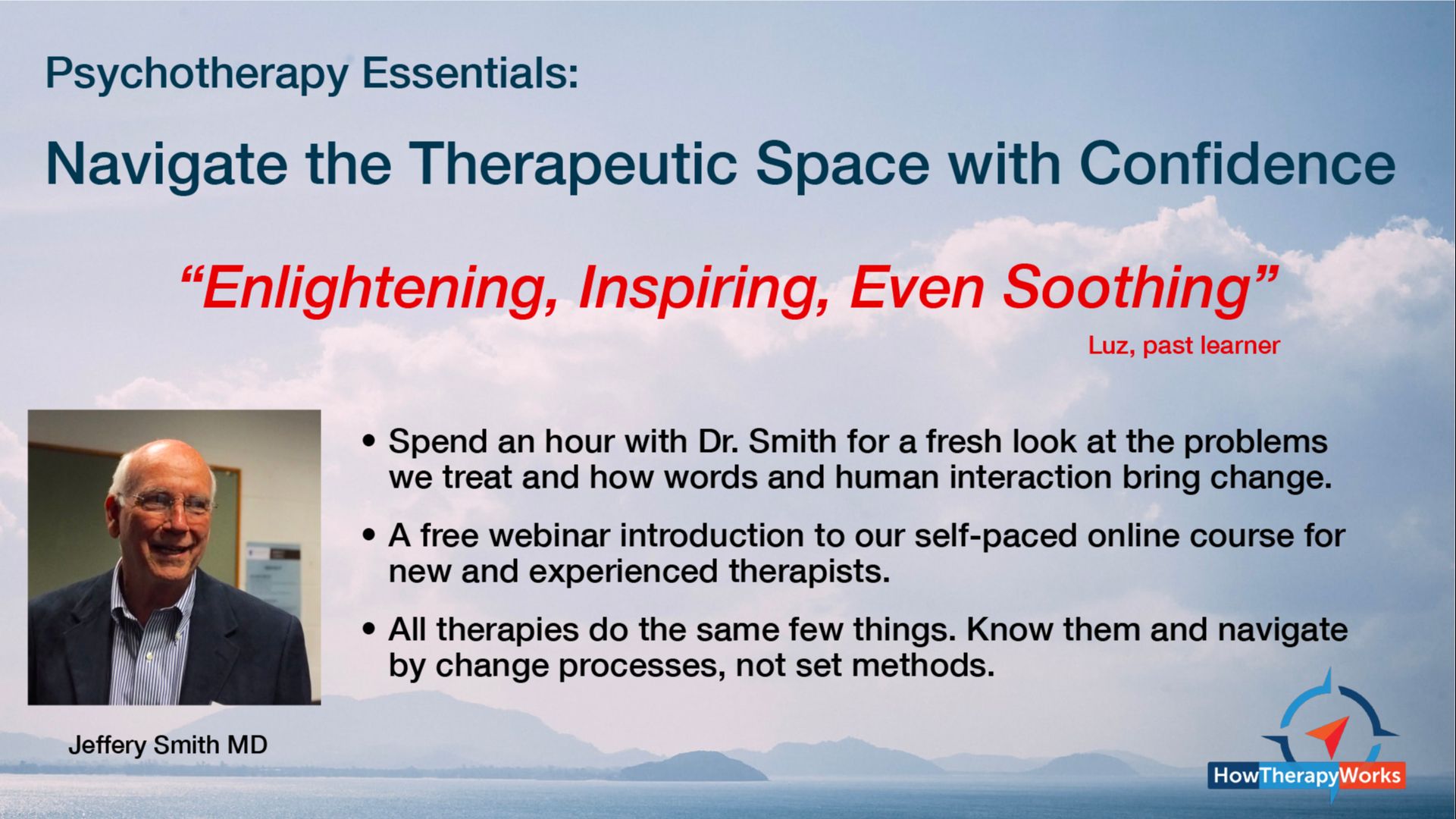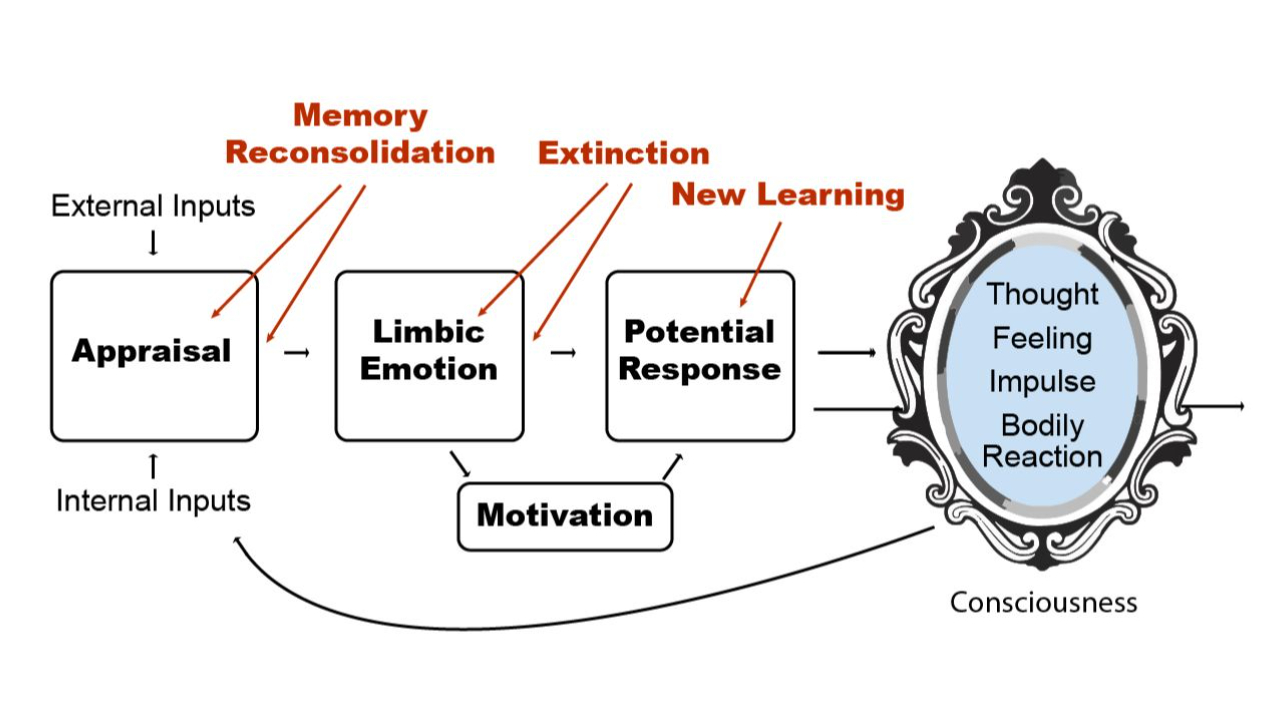Tuesday is for Therapists: Biweekly Essays
First, announcing a Free Webinar and New Course:
Psychotherapy Essentials: Navigate the Therapeutic Space with Confidence
An online course and free introductory webinar for new and experienced therapists–
Many therapists suffer from the lack of an accessible and practical framework for naviga...
Internalizers Welcome: Share your difficult problems! Winning subscribers will receive free coaching via TIFT. All you have to do is Dare to Share!
We all have difficult cases and doubts. Of course you are hesitant to expose the areas where you feel unsure, but I promise full anonymity. We wi...
The Affect Avoidance Framework adopts a modern view of mind to make lucid the problems psychotherapy is designed to treat as well as precisely how words and human interaction can produce enduring change. Today I’ve made a substantial addition to a previously shared diagram. It’s the inclusion of ...
Subscriber "Dare to Share" **
Hi Jeffery,
I’d still be interested in your thoughts about online therapy as a continuing platform for therapy. It’s an issue for me because my therapist has decided to work only online. This means I will never meet her in person since I started with her in Dece...
Internalizers Welcome: Share your difficult problems! Winning subscribers will receive free coaching via TIFT. All you have to do is Dare to Share (see below).
We all have difficult cases and doubts. As internalizers we think first of critiquing ourselves. Therapist coaching offers help makin...
This is a continuation of TIFT #80, Confronting Therapist Anxiety. Here I share my own experience combining clinical knowledge with modern neuroscience to activate old patterns and deliver disconfirming information such that it reaches the limbic neurons where information needs to be rewritten.
...
The Dunning-Kruger Effect describes the fact that people of low competence tend to think they are highly skilled. At the same time, social researchers, Dunning and Kruger (1999), in a classic article, note that:
“Top-scoring individuals know that they are better than the average, but they are no...
This is a follow-up to the previous post on how treating symptoms and diagnoses is so often unsuccessful because the real source of trouble is underlying immaturity, a very real problem that, unfortunately, has no diagnosis code. In that post, I described the problem. In this one, I discuss some ...
One of the most troubling aspects of mental health treatment currently is the tendency to treat diagnoses instead of people. In the meantime we have a mental health crisis among teens and young adults where far too often, the underlying problem is developmental arrest, which isn’t even recognized as...
A common clinical problem is the adult client who finds him or herself repeatedly overpowered by others. In this post, I’m sharing some thoughts about what we, as therapists, can do to help.
Choosing between survival and power
From TIFT #72, I want to repeat two points. First, children have a b...
Teaching a class of trainees and early career therapists got me to thinking about the question of clinical decision making. My co-leader shared the example of a client asking, “If you were in my position, what would you do?” I counted six ways a clinician might make such a decision, some better t...
Many of us, myself included, have tended to think of stress and relaxation as opposing forces. This post is about a different way to look at them, as two stages in a natural cycle. What makes recognition of the cycle important is that, in humans, it can be held in semi-permanent suspension.
We owe ...














